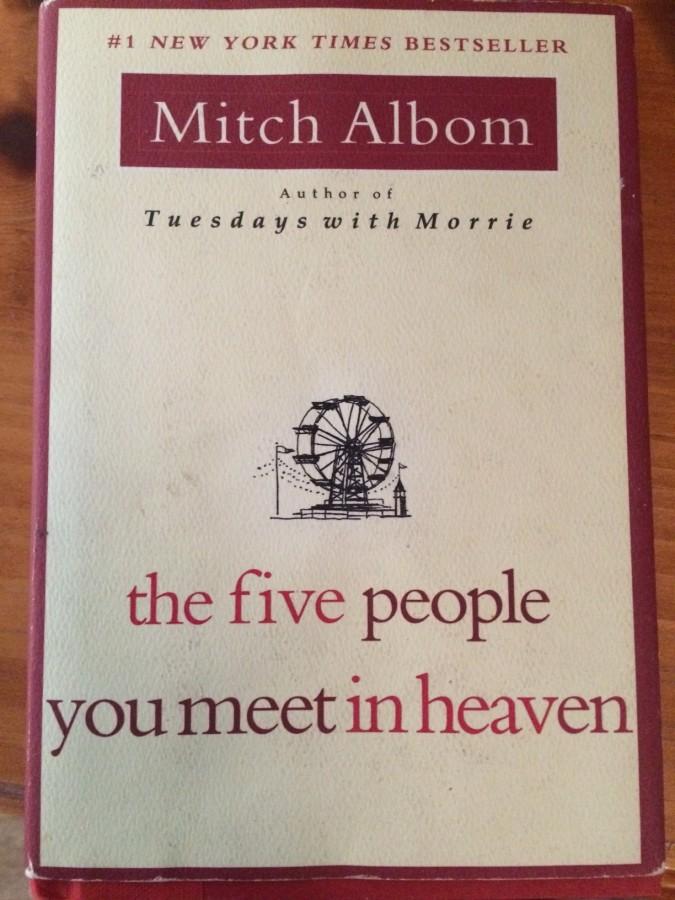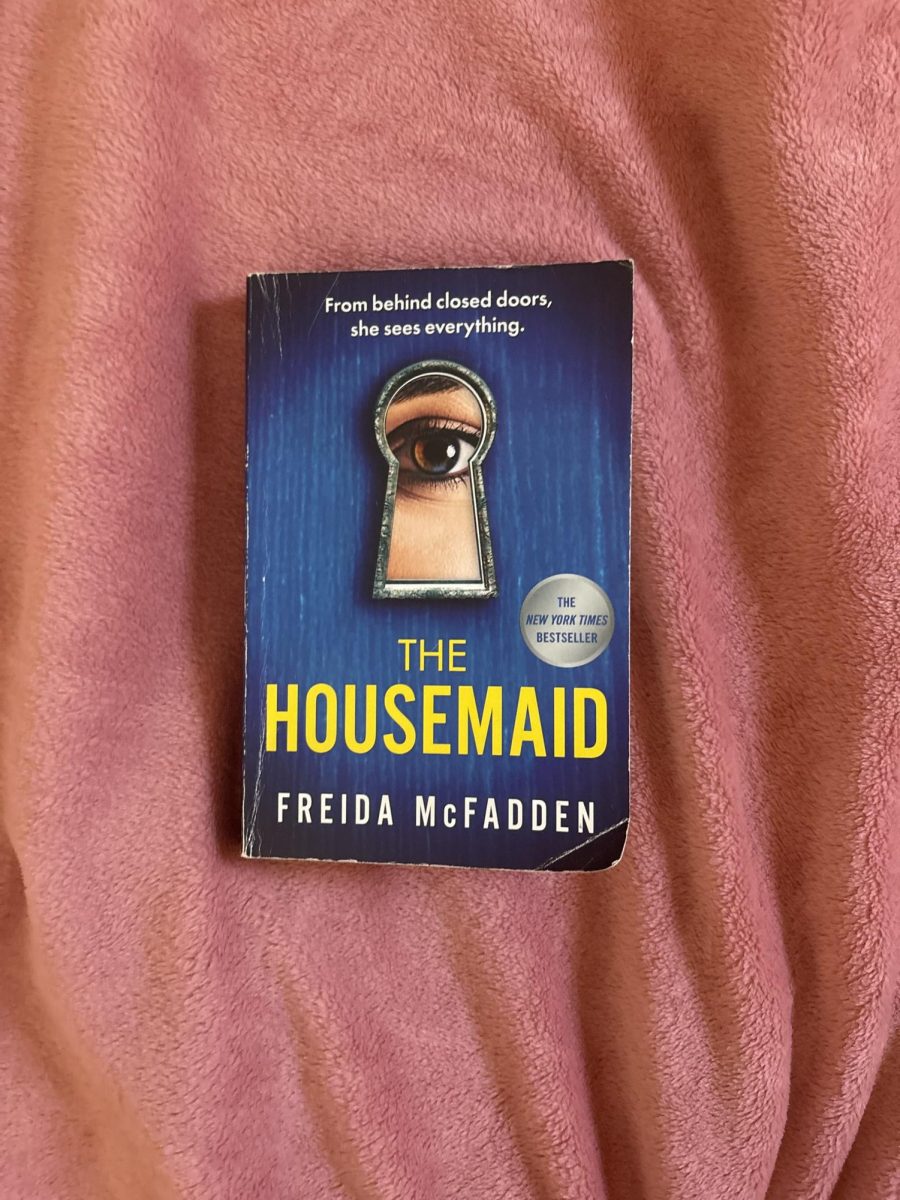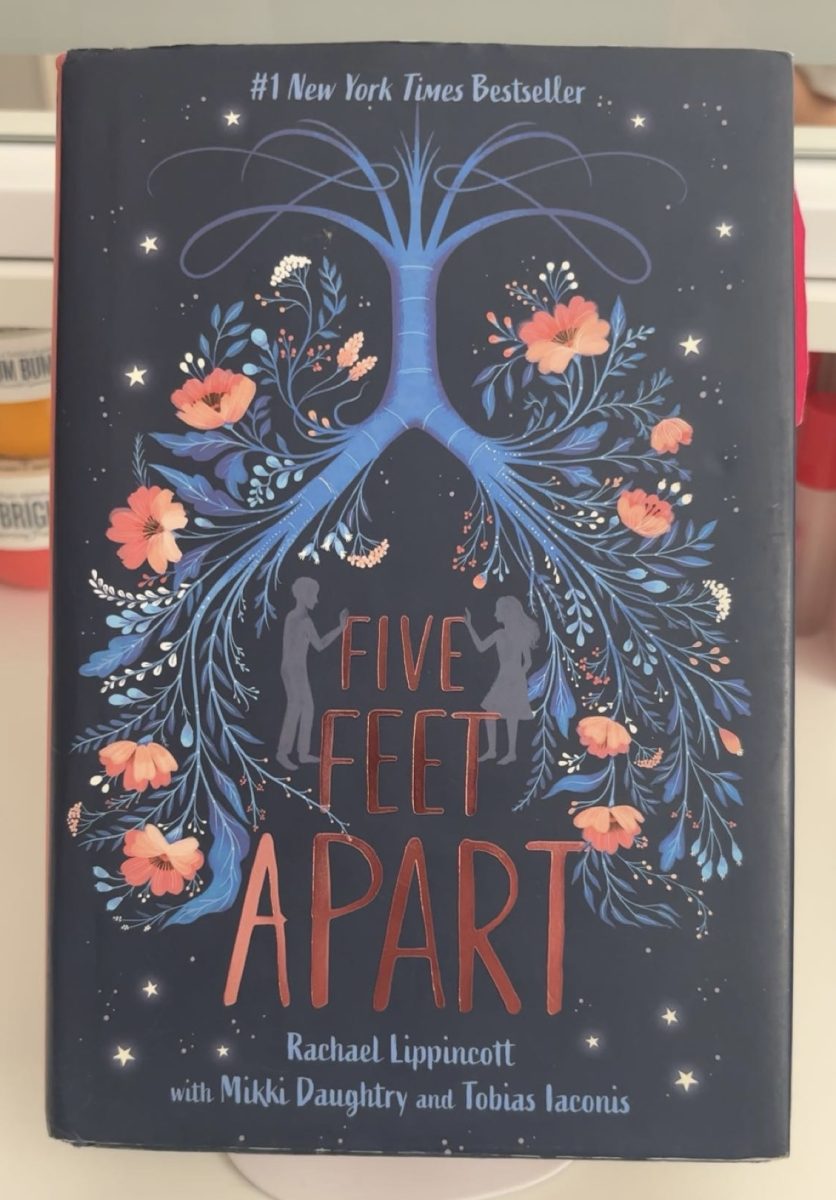Mitch Albom’s The Five People You Meet in Heaven (2003) has been acclaimed as the best-selling hardcover novel from a first time writer ever. Selling over 38 million copies worldwide, The Five People You Meet In Heaven challenges your perception of life on Earth, and gives a new perspective on one’s impact on the world.
Featured in Publishers Weekly, the book has been quoted as being, “Simply told, sentimental, and profoundly true, this is a contemporary American fable that will be cherished by a vast readership.” The book was also featured in the New York Times, and the Los Angeles Times with similar acclaim.
The novel follows the life and death of Eddie, a maintenance worker at Ruby Pier Amusement Park. On his 83rd birthday, Eddie is struck by a ride car and passes away. Once in heaven, Eddie encounters many people he knew in his life that have been dead for some time.
Among the people Eddie meets in heaven are a street performer from his childhood, his former captain from the army, his father – albeit indirect, his wife, and most significantly, a child whom he killed in the war. The child, a source of Eddie’s grief for many years, allowed Eddie to physically scrub off her wounds – signifying the eternal presence of forgiveness, even after death.
What is most striking about this book is its ability to engage the reader into seeing their own lives through Eddie. By seeing things through his eyes, the reader may overcome the facade of their own problems, and view their lives as a part of a bigger, much more significant phenomena. Eddie’s struggles and realizations as a character subliminally reflect the reader’s emotions as they read through the novel.
The most notorious and powerful quote from the book serves as a summary for the overall theme. Spoken by The Blue Man, “It is because the human spirit knows, deep down, that all lives intersect. That death doesn’t just take someone, it misses someone else, and in the small distance between being taken and being missed, lives are changed.”
The book provides a strong message about how significant your actions may be, even if you do not see their purpose. Albom’s use of imagery, and clever diction provides the reader with a third person view of their own lives; leading the reader to escape their trivial problems and look deeper into the true purpose of their existence.
A movie adaptation was made in 2004, starring Jon Voight as Eddie. Overall, the reception for the film was positive, having an 82% rating on Rotten Tomatoes. Many review claim the movie stays true to the book.














